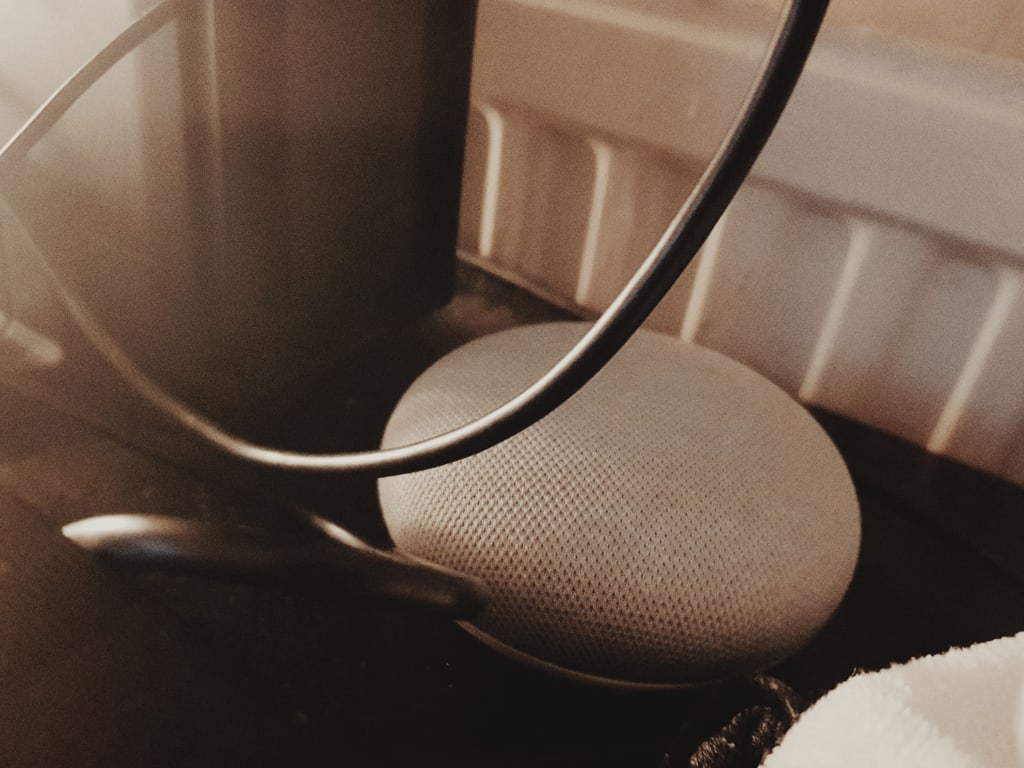
As a child, The idea of mumbling orders at a computer in darkened room appealed to my little hacker fantasy. Dreams of saying things as vague as "break into the mainframe" or "bypass the firewall" are not only dashed by the knowledge that "mainframe" is really just a cooler sounding word for database but also exasperation with talking to machines. Under what circumstance would it be faster to issue a verbal command rather than pressing a button? or even just typing?
This all really raises the question; why do we have so many opportunities to talk to tech today? What's really the benefit of asking Siri, Google, Alexa or whatever Samsung use? I believe the issue lies in our understanding of user interface design. The most frequent use I get out of "OK Google" on my phone is to set a timer. The sole reason for this is that the timer app built into Samsung phones is a mess. It looks simplistic but it really is faster to just talk to my phone than scroll from one to sixty from wherever the timer already happens to be. Is this because talking to my phone is fast or is it that this one app is poorly designed? I'd argue it's on the app this time.
The next thought is of smart homes. Turning on the heating and the lights from the second you walk in the door with a few phrases, or just one if you're really living in the future. Is this really the goal? I'm not so sure. I don't actually think that these smart home devices will continue on the same trajectory they appear to be on. I see a great potential for learning routine here. If you set your thermostat to come on when you get home, why ask for it when you walk through the door? I don't think voice commands are actually going to get much better than they are now. We'll really see advancements in your home streamlining your life for you. turning down the heating when there's nobody home, turning lights on and off to simulate you being there while you're on holiday. The possibilities for a more efficient micro-grid infrastructure grow when we can know that are homes are as energy efficient as they possibly can be. I imagine a future with thermostatic heaters in every room, individually controlled by a machine that will learn how to heat your home as efficiently as possible.
Does this future really involve asking Alexa to turn on the lights? isn't that more annoying that reaching for a switch when you enter the room? Sure, this technology has it's place but it won't ever be sent down a path to replace the light switch. I should also add however that voice control is a fantastic boon for an ageing population and the disabled community. Will our children's children talk to their houses? Unlikely.
About the Creator
Fox
I'm Fox,
I write short stories, usually of a science fiction nature. I also lend my expertise in tech and music production to my non-fiction articles.






Comments
There are no comments for this story
Be the first to respond and start the conversation.